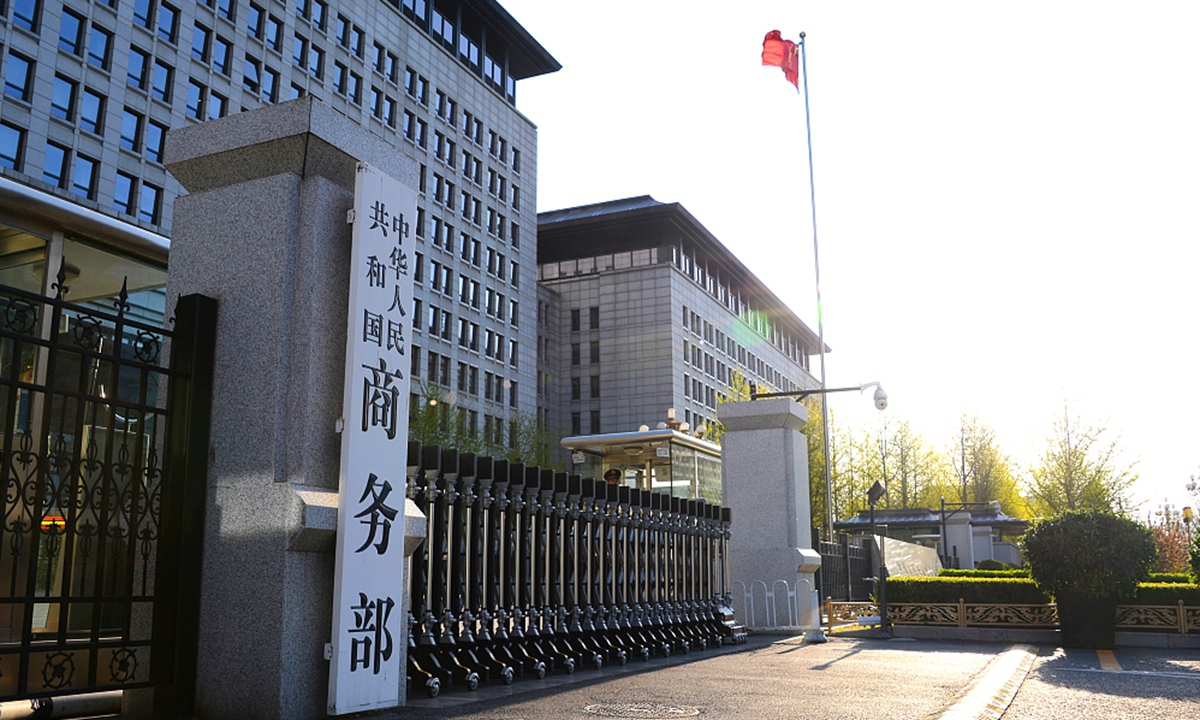Ascletis Pharma's ASC47: Prospects in Obesity Treatment

The recent developments from Ascletis Pharma Inc. regarding its new drug candidate, ASC47, mark a noteworthy chapter in the realm of obesity treatment research. With obesity maintaining its position as a pressing global health concern – currently affecting over 650 million people worldwide – the significance of effective interventions cannot be overstated. Ascletis's commitment to innovating within this domain not only potentially benefits health outcomes but also has substantial implications for stakeholders in the pharmaceutical sector, offering a glimpse of forthcoming opportunities and risks.
The reported efficacy of ASC47 in combination with teriparatide—achieving a remarkable 38.1% reduction in weight in preclinical trials—is particularly promising. Such a result, which represents an 87% improvement over teriparatide alone, could herald a competitive edge in a crowded market dominated by players like Novo Nordisk's semaglutide. Moreover, the selectivity of ASC47 as a thyroid hormone receptor beta (THRβ) agonist provides a distinct pharmacological profile, setting it apart from existing obesity treatments. This differentiation may not only enhance the drug’s marketability but also increase its appeal to regulators seeking innovative solutions to combat obesity-associated health complications.
However, investing in Ascletis’s future involves navigating a labyrinth of uncertainties. Historical precedents in pharmaceutical development highlight the precarious nature of drug approval; many candidates that showcase promise in initial trials, as seen during the dot-com bubble of biotech optimism, fail to cross the regulatory finish line. Ascletis explicitly acknowledges these uncertainties surrounding the commercialization process for ASC47, specifically indicating the potential for regulatory setbacks that could thwart progress or delay market entry. These risk factors underscore a pressing question for investors: can Ascletis manage the realities of drug approval while maintaining momentum in its clinical programs?
As the company prepares to unveil data from the ongoing clinical trials combining ASC47 with semaglutide, there exists an opportunity to correct any misconceptions about the timeline to market. Policymakers and investors alike should remain wary of the unintended consequences of regulatory pressures that could arise in the current politically charged environment surrounding drug prices and accessibility. Stakeholders across the board—from institutional investors to health policy advocates—must remain vigilant in assessing the delicate balance between fostering innovation and ensuring equitable access to potential life-changing therapies.
In summary, while the advancement of ASC47 positions Ascletis Pharma favorably amidst the ever-evolving landscape of obesity treatments, it is vital to approach the associated risks with caution. The pharmaceutical market is rife with challenges that could impact both strategy and efficacy in the regulatory process. Moving forward, maintaining an eye on the clinical trial results and their implications will be crucial for stakeholders aiming to capitalize on this potentially transformative therapeutic option.
Read These Next

Canada's Agriculture Sector Faces Extensive Subsidies Amid China's Anti-Dumping Measures
China's Ministry of Commerce targets Canadian rapeseed and rubber imports with anti-dumping measures, citing government subsidies.

Yuzhu Technology's Wang Xingxing on Importance of Computing Power
Wang Xingxing of Yushu Technology highlights computing power's role in humanoid robots, noting battery load impacts efficiency.

FDA may revoke Pfizer's Covid vaccine for kids under 5
The FDA is considering revoking Pfizer's Covid vaccine authorization for children under 5, which could impact health policies and vaccination uptake for a vulnerable demographic. This issue reflects broader public health concerns about access to vaccines amid changing sentiments post-COVID.
